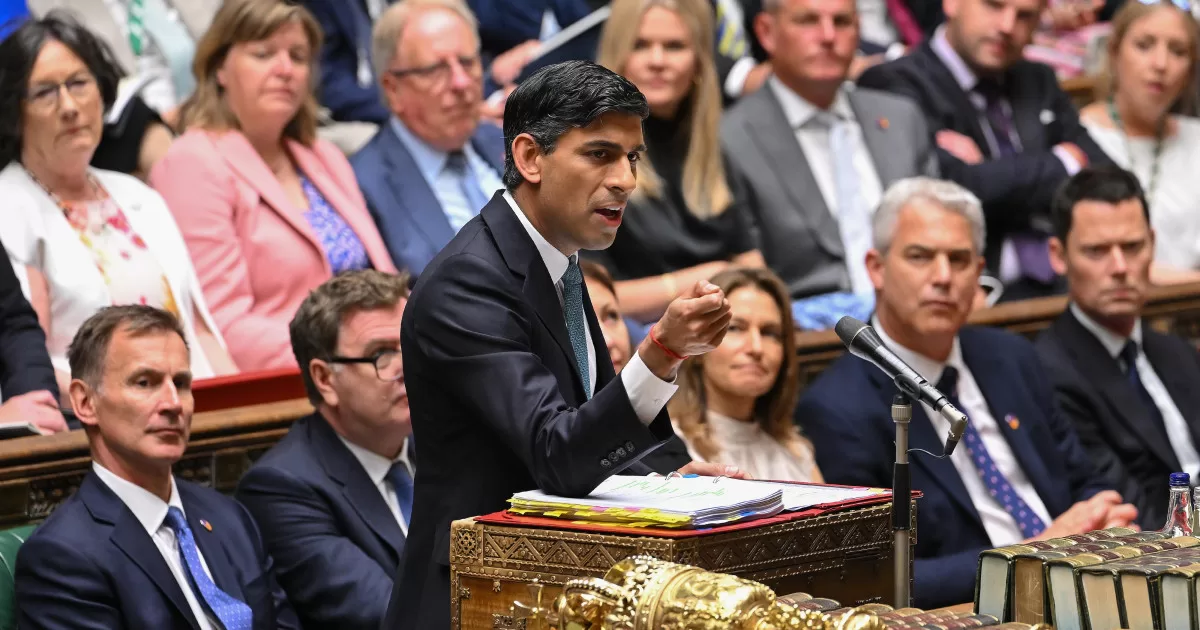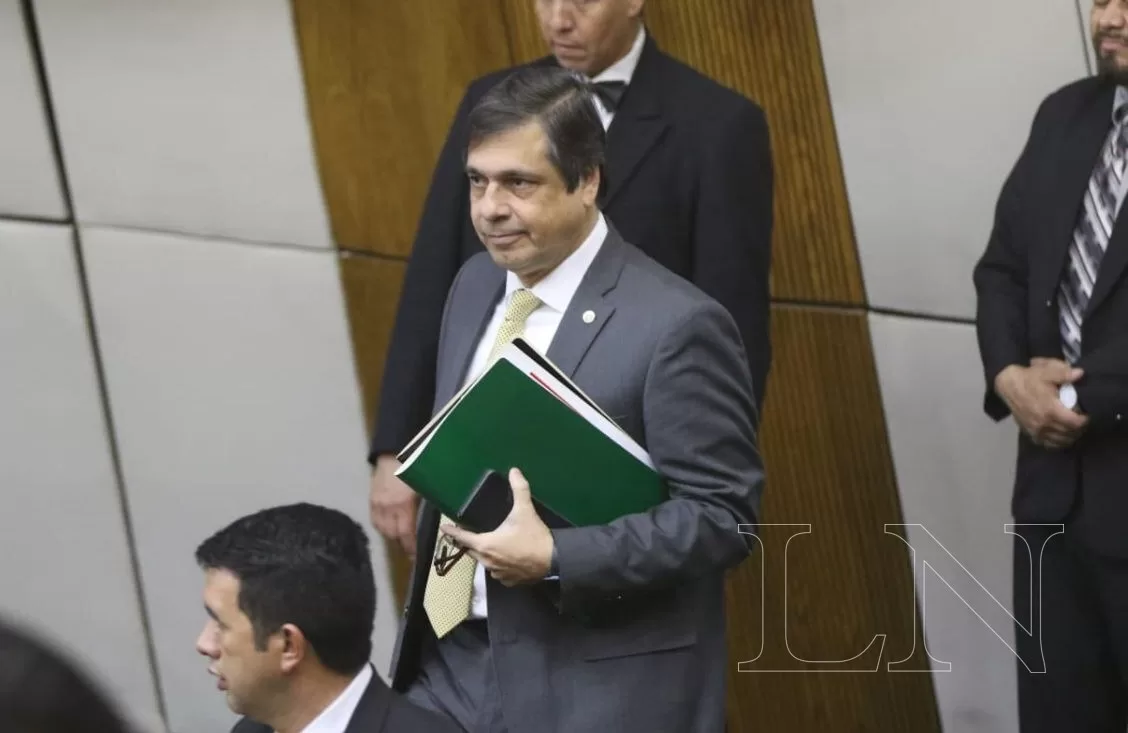Polynesians are called to the polls this Sunday as well as April 30 to choose their representatives for the Assembly of the French Pacific community, an undecided vote against a backdrop of inflation and rivalry between autonomists and separatists.
Spread over an area equivalent to that of Europe, the 209,000 registered Polynesian voters will be able to choose this Sunday between seven lists and elect their representatives to the Assembly of the French Pacific community.
Autonomists vs separatists
But only two lists are carried by parties established in the five archipelagos and have a real chance of winning a majority of the 57 seats to be filled: that of the outgoing president, the separatist Édouard Fritch, and that of the independence deputy Moetai Brotherson, who aspires to succeed him. The new president of the community will be elected by the newly elected Assembly on May 10th.
In power since 2014, Édouard Fritch, 71, is banking on his record – the Polynesian economy has returned to its pre-Covid pandemic employment level – and the autonomist electorate, attached to the presence of France and traditionally majority. He also counts on the support of 42 of the 48 mayors of the municipalities of the archipelago, very influential.
Moetai Brotherson, 53, is betting on change. He points out that Édouard Fritch and some of his relatives have held the reins of power since the beginning of the era of autonomy, in 1984. Conversely, with the separatists, they present new faces like Tematai Le Gayic , elected deputy last year at only 21 years old.
By winning the three seats devolved to Polynesia in the National Assembly, Moetai Brotherson, Steve Chailloux and Tematai Le Gayic had inflicted in 2022 the most severe defeat ever suffered by the separatists in the legislative elections.
Edouard Fritch notably paid for his miscommunications during the Covid epidemic. He had thus maintained in his post an unvaccinated minister while his government advocated the obligation to vaccinate. But territorial elections traditionally attract many more voters than national polls.
If the opposition is riding the wave of renewal, the outgoing parties are openly raising the specter of a break with France.
“The autonomists brandish the fear of independence hoping to increase their score”, notes Sémir Al Wardi, professor of political science at the University of French Polynesia.
Moetai Brotherson made no mistake about it. In the campaign, he mentions independence very little and pleads caution when the question is put to him: “we believe that tomorrow, in a hurry, we cannot provoke a referendum”. The road to eventual independence remains a subject of tension within his own party, the Tavini.
“appeased” cleavage
Its historic leader and former president of Polynesia Oscar Temaru, 78, still president of the party, mayor of Faa’a and head of the list, thus assured in December that the ballot this Sunday and April 30 would act as a referendum of self-determination.
The radical current of the party, embodied by Antony Géros, tipped to chair the Assembly, judges Moetai Brotherson far too lukewarm on this question. But this moderation allows him to hope to conquer a wider electorate and to constitute, for the first time, a large separatist majority.
“The separatist/independentist divide, the only political divide in French Polynesia, has calmed down,” remarks Sémir Al Wardi in turn. “The separatists reassure by saying that the priority is not independence, but socio-economic problems”. For months, the election campaign has focused on the cost of living.
Very isolated and dependent on imports, the Polynesian islands are experiencing high inflation (8.5% in 2022 according to the Overseas Issuing Institutes). The Tahitians therefore had a hard time with the appearance of a new tax, called social VAT, to feed the local social security funds, in chronic deficit. All the opposition parties have also pledged to abolish it in the event of victory.
Set up in 2013 to put an end to the political instability that has been shaking Polynesia since 2004, the voting system is not very favorable to small lists. It is necessary to gather 12.5% of the votes cast to pass the first round, and the winner of the second round obtains a majority bonus so important that he generally holds three quarters of the seats in the Assembly for five years.



